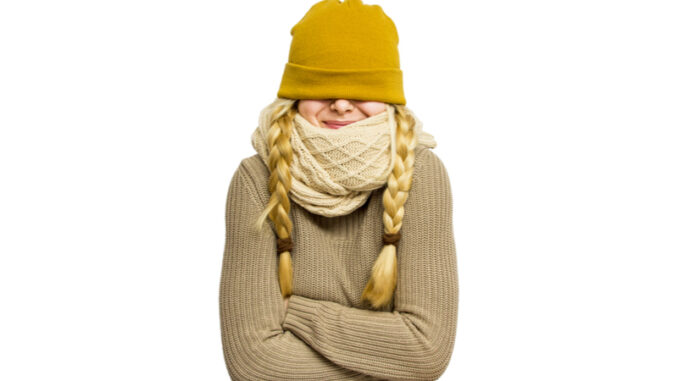
Like most of you, I enjoy being warm, so emergency heating is a must! I live in southeast Idaho, where it’s common to have six to eight months of snowfall or chilly wind. You can imagine how hard it is to stay warm. It takes planning and is a constant challenge. As a dutiful Prepper, I am constantly looking for affordable emergency heat sources (my first source is central heating). Below are six off-grid options that I have used over the years and are worth considering.
Emergency Heating Sources
– – – –
1. Portable Heaters
Propane Heater
Mr. Heater Portable Buddy is an indoor-approved propane heater. The larger model, called the Big Buddy, produces between 4,000-18,000 BTU heating up to 300 sqft. It is equipped with a low-oxygen shut-off pilot system, accidental tip-over shutoff, and is clean burning. It’s useful for camping trips, cold outdoor activities, power outages, or bug out locations. It fits two small 1-lb. propane cylinders, or you can purchase an attachment hose that allows it to connect to 20-lb propane tanks. Check pricing here.
This YouTube video was made by Prepared Suburbanite. Check out some of their other informative videos and don’t forget to subscribe!
Kerosene Heater
Another great option is the Dura Heat Kerosene Heater. It produces a whopping 23,800 BTU, heating up to 1000 sqft. This heater is not only popular for the high heat it produces, users also like the flat top. A cooking pot can be placed on top of the metal cage to boil eggs and cook food (although that is not what it was designed for). You’ll need to be mindful of ventilation. It’s been recommended by reviewers to turn on and off outside of the house. That’s when the smell of kerosene is strong. You should keep a carbon monoxide detector in the same room as any off-grid heat source to warn you of unsafe carbon monoxide levels in the air. If you plan on running it as a main heat source throughout the year, replacing the wick yearly is recommended. Check price here.
This YouTube video was made by TacticalIntelligence. Check out some of their other informative videos and don’t forget to subscribe!
– – – – – – – – – – – – – – – – – – – – – – – – — – – – – – – – – –
2. Candle Heater
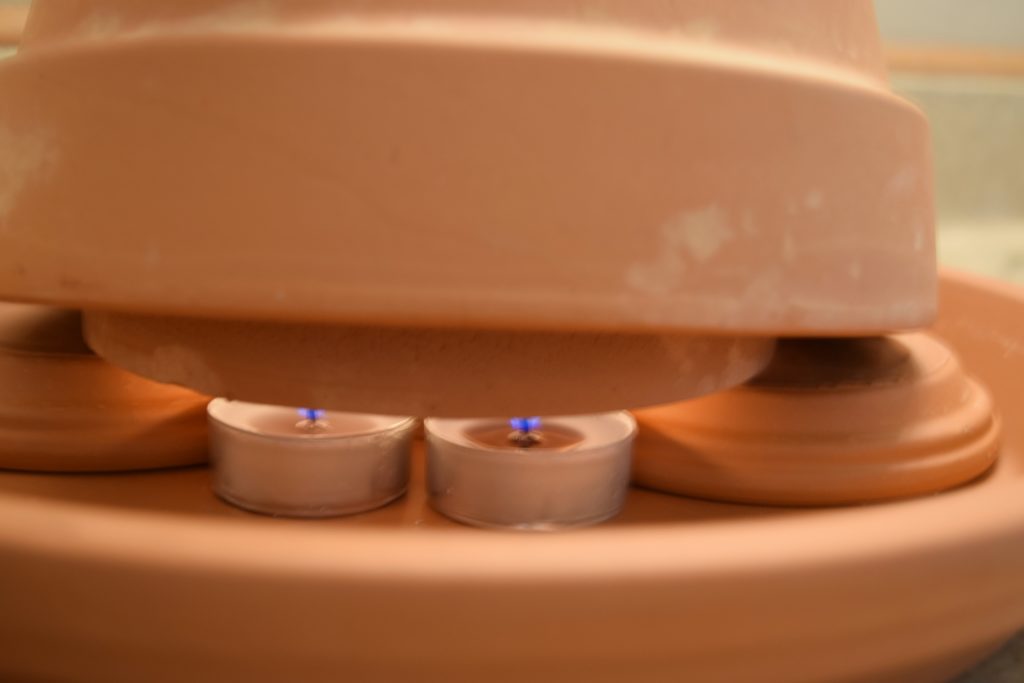
A candle heater or terracotta heater is inexpensive to add warmth to a cold day. The first time I tried this heater was on a windy day that was just below 60°F. Since the bathroom is the smallest room in my house and has the least amount of combustibles, I experimented there to see if I would notice a difference. The temperature in the room did not increase. The pots got too hot to touch, and I could only keep my hand over the terracotta hole for 5 seconds. However, it was just a nice hand warmer, but that’s about it. I tried the candle heater again when the temperature outside was a calm 65°F; there was a noticeable difference in the room temperature. I had a light jacket on and removed it after being near the heater for 30 minutes. Both times the tea light candles needed to be replaced after four hours. It would not be my first choice as an emergency heat source, but it would be better than nothing.
For this DIY project, I used:
- large terracotta pot
- small terracotta pot
- two very small terracotta saucers
- larger terracotta saucer
- five tea light candles
The video below is a different type of candle heater.
This YouTube video was made by Cooking with Candles. Check out some of their other informative videos and don’t forget to subscribe!
There is a wide variety of different methods to construct a candle warmer. Search the web for DIY Candle Heaters to view some of the many different methods. You can also purchase nicer-looking candle heaters online.
Another version of the candle heater is an Alcohol Stove. Alcohol burns hotter than a typical tea light candle, so some people prefer it.
– – – – – – – – – – – – – – – – – – – – – – – – — – – – – – – – – –
3. Kotatsu
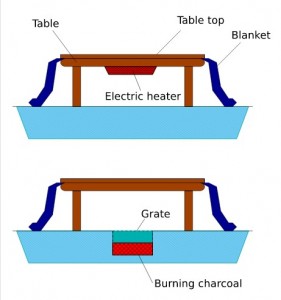
Kotatsu is a short wooden table traditionally used in Japan for emergency heating. Below the table is a heat source (burning charcoal or an electric heater). A heavy blanket is draped over the table to trap the heat. A family sits around the table for meal time or homework and warms their legs by placing them under the blanket. You won’t find central heating in most Japanese homes, so this is the source of warmth for the whole family. Click here to view step-by-step instructions on how to build a Kotatsu.
Modern-day versions of the Kotatsu use electricity (instead of coal), so this can still be an option for people who own an indoor generator (typically 500-600 watts). You may also need to purchase a converter transformer because these are typically made in Japan. 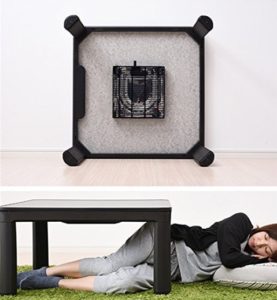
– – – – – – – – – – – – – – – – – – – – – – – – — – – – – – – – – –
4. Heating Rocks
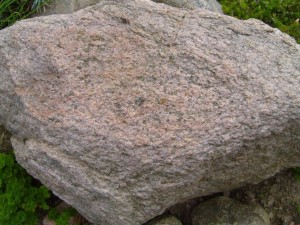
When I was a child, my parents would heat stones on our fireplace and then tuck one into bed with me. There are a couple of creative ways to use rocks as a source of heat. The one I just mentioned is the most common. If you plan on camping, click here to see how to use rocks to stay warm all night long. Note: There are many rocks that can explode if they get too hot. Do some research before trying this method.
– – – – – – – – – – – – – – – – – – – – – – – – — – – – – – – – – –
5. Fireplace
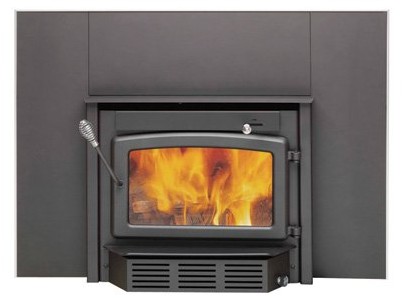
A wood-burning fireplace insert is one of the best purchases I’ve made. It has saved us quite a bit on our electric bill each month; based on prior electricity usage, our insert paid for itself in just two Idaho winters. It produces about 65,000 BTU. We loved having an open stone fireplace but wanted it to be more efficient as an emergency heating option. Fireplace inserts have an efficiency rating of 60% to 80%; open-face fireplaces have a 15% efficiency rate.
In the country, it’s common to have a wood-burning camp stove to heat a small detached garage or work shed.
– – – – – – – – – – – – – – – – – – – – – – – – — – – – – – – – – –
6. Hand Warmers Rechargeable, Reusable
A single charge can provide 16 hours of continuous use, and the temperature reaches up to 122 degrees Fahrenheit.
– – – – – – – – – – – – – – – – – – – – – – – – – –
Continue Reading…
The 10 Items In a Power Outage Kit
Emergency Heating
– – – – – – – – – – – – – – – – – – – – – – – – – – –
Thanks for visiting Preppers Survive. Before you leave subscribe to our newsletter. If you enjoyed this article on Emergency Heating, please share it on your favorite social media.
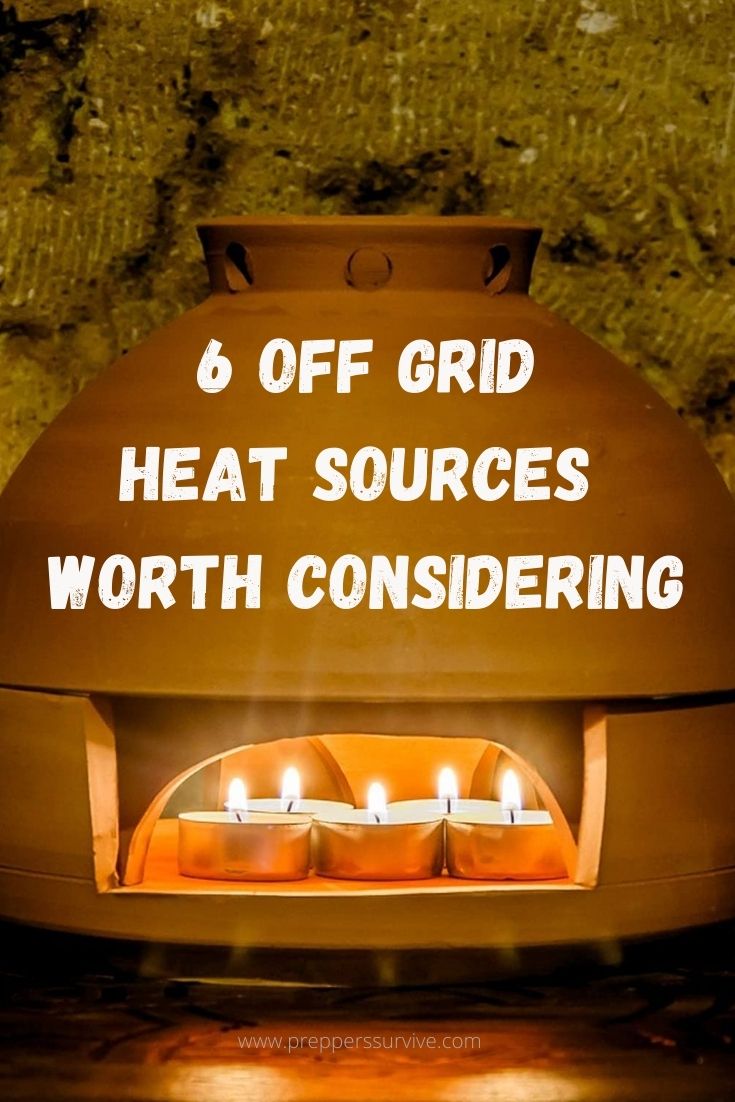
Originally posted September 8, 2016.


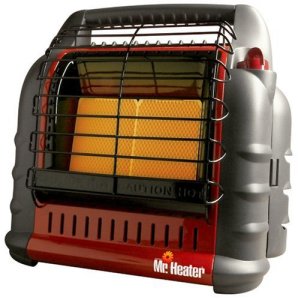
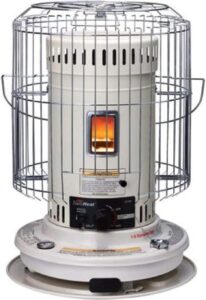
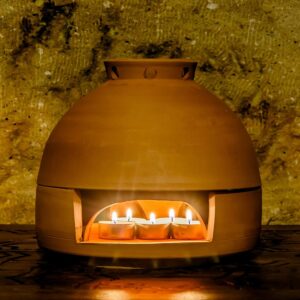
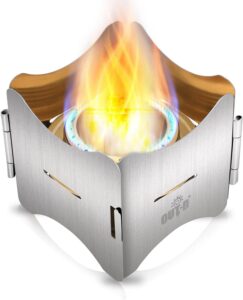
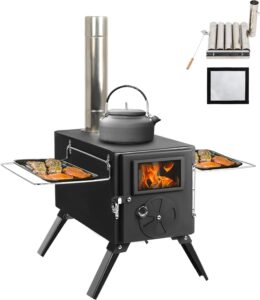
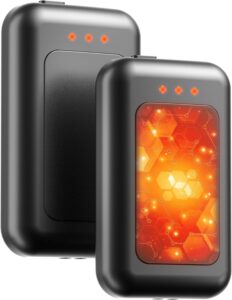
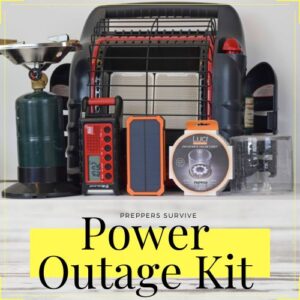
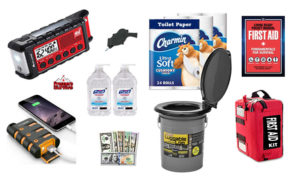
Greetings! Very useful advice in this particular post! It is the little changes which will make the biggest changes. Thanks a lot for sharing!|
I need to to thank you for this great read!! I certainly enjoyed every bit of it. I have you book marked to check out new things you post…|
I am so grateful for your post.Thanks Again.
Current blog, fresh information, I read it from time to time!!…
Excellent article. I’m going through some of these issues as well..
Hmmm…maybe you could do an article about a Chimney flue oven. How effective it is etc. I am considering installing one in my next woodstove.
Thanks for the idea, Jeanne. I’ll look into it.
while we do have electric heaters in each of our 3 bedrooms, we rely on the wood stove in our living room to heat the remainder of the home, which is about 2600 sq ft. we also have a big buddy propane heater and a couple of the smaller ones in case of power outages and when we get low on wood . Living in north Texas the winters can be either quite cold at times , and we do get some snow once in a while . but for the most part it’s ice. Our central heater went out 2 years ago and we have not missed it. Nor have we missed that $500 – $600 electric bill in the winter months.
I would think that a gasoline powered portable generator would be a great temporary power source for a power outage situation in the early stages…or as a very last resort backup.
Hello Nettie. I’m Rod Davidson. Great article you have here. I have an idea on all the heating sources you’ve listed here except for the “Kotatsu”. Japanese people are really creative when it comes to their inventions. Hope I can try this ” Kotatsu” as a form of heating one of these days 🙂
I just want you also to know that I’m also a blogger. All the articles in my site are all about emergency preparedness, survival tips, and also DIY survival projects.
Thank you!
Cheers!
If you operate any of the Buddy heaters on a gas grill 20lb bottle, be sure to use the in-line filter to prevent the valves and orifices in the heater from stopping up with contamination from the hose. Available where Mr Heater Buddy heaters are sold.
Could you make this site printer friendly?